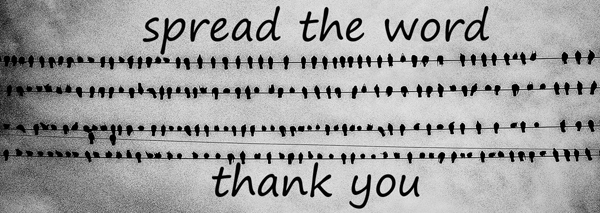
| WELCOME |
 |

comments, ephemera, speculation, etc. (protected political speech and personal opinion) 2020- 2020-12-11 h "Articles will insist that Elliot Page was always Elliot Page and was always a man." Transgenderism Is Orwellian
As prescient as George Orwell was, even he didn’t have the foresight to see that a major battle would be fought over the truism that women cannot become men. It’s been a long few days for the Ministry of Truth. On Wednesday, Ellen Page announced that she is, in fact, a “he” and that her name is not Ellen at all, but “Elliot.” Wikipedia immediately sprang into action to rectify Elliot Page’s article, changing every instance of her name and her pronouns to conform to her new truth. Netflix did the same across its platform and the media reported the story using the newly approved name and pronouns with only a quick note—to avoid confusion—that Elliot previously had been known as Ellen. But even that wasn’t enough for some activists. An article in Newsweek argued that even a single use of Elliot Page’s “deadname” (the name she was assigned at birth) was a problem. “Though
the deadnaming of Page in an article may not have
any negative repercussions on the actor (bar any
mental health effects from seeing a name he no
longer identifies with), it does propagate a
system that has led to transgender people
(particularly trans women of color)
disproportionately being the victims of hate
crimes.”
By this logic, any reference anywhere to the name Ellen Page—even in old articles, interviews, and films made prior to her decision that she is he—is problematic. As a transexual activist and ACLU lawyer put it in another article, any mention of someone’s “deadname” ensures that he will “never have the authority to claim the truth” of who he is and “cedes that authority to a structure of power and discrimination.” And so we are left with an Orwellian prospect where the entire world constantly will have to be updating itself to ensure that the past is consistent with the present. Articles will insist that Elliot Page was always Elliot Page and was always a man. “Oceania
was at war with Eastasia: Oceania had always been
at war with Eastasia. A large part of the
political literature of five years was now
completely obsolete. Reports and records of all
kinds, newspapers, books, pamphlets, films, sound
tracks, photographs—all had to be rectified at
lightning speed.”
Sound familiar? Even the term “deadname” has a certain newspeak quality to it of the B vocabulary variety. “The B
vocabulary consisted of words that had been
deliberately constructed for political purposes:
words, that is to say, which not only had in every
case a political implication, but were intended to
impose a desirable mental attitude upon the person
using them . . . the B words were a sort of verbal
shorthand, often packing whole ranges of ideas
into a few syllables, and at the same time more
accurate and forcible than ordinary language. The
B words were in all cases compound words. They
consisted of two or more words, or portions of
words, welded together in an easily pronounceable
form.”
Doublethink. Deadname. Goodsex. Fits right in. And there’s no reason these words shouldn’t. A moment’s reflection will reveal that the current gender-bending theory shares the same metaphysics which undergirds the dystopian framework of Orwell’s Nineteen Eighty-Four. In both conceptions, reality “exists in the human mind, and nowhere else.” In fact, it is lunacy to believe that reality is something objective, external, existing in its own right. This belief is cognitively dissonant with belief in an everyday experience in which the truths of the world and society hammer themselves home with shattering force. But learning to reconcile these two seemingly irreconcilable beliefs is a principal exercise in the subtle art of doublethink. The first belief lends itself to solipsism. The second belief suggests objectivity. But the synthesis of the two leads to a perilous equilibrium where the only real goal is power. Because there are no objective truths, one can make whatever reality he pleases. But because one has to contend with other thinking beings, in order to have true control over reality, one must also control them. There is no objective standard to which one can appeal—only one’s ability to control everyone else and force them to accept your truth. Summed up in another Orwellian maxim: GOD IS POWER. And as with all such maxims in Nineteen Eighty-Four, the maxim is reversible: POWER IS GOD. Power typically is the ability to make people do things they otherwise would not do. And for power to be meaningful, one must in fact make people do things they otherwise would not do. For absent that, it simply would be the confluence of people’s desired actions. But in collective solipsism, it is not enough to make people do things. You must make them believe things—as much as one can believe in something they know to be false. So in this system, you have to force people to believe things that they otherwise would reject. Without doing so the objective world still has primacy. (read more) ______________________ Permission is hereby granted to any and all to copy and paste any entry on this page and convey it electronically along with its URL, ______________________ |
...
News and facts for
those sick and tired of the National Propaganda Radio
version of reality.
|
|||||
|

| If
you let them redefine words, they will control
language. If you let them control language, they will control thoughts. If you let them control thoughts, they will control you. They will own you. |
| © 2020 - thenotimes.com - All Rights Reserved |